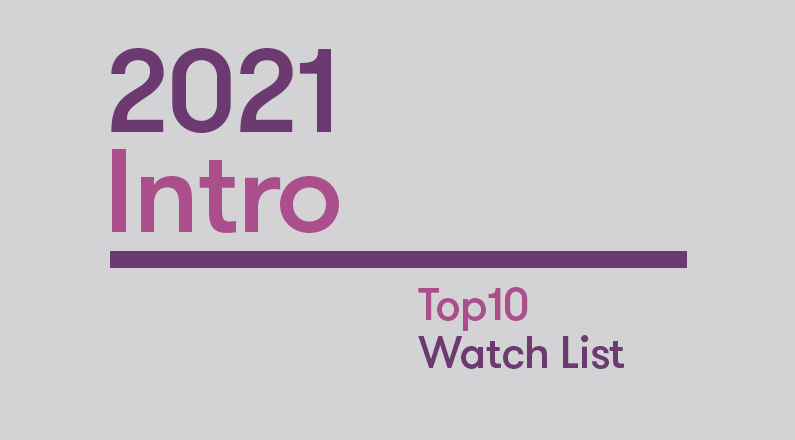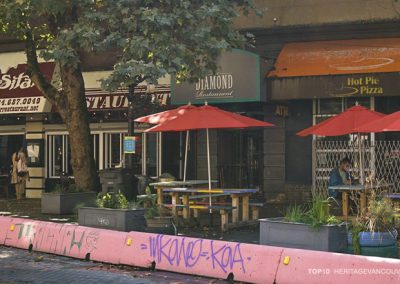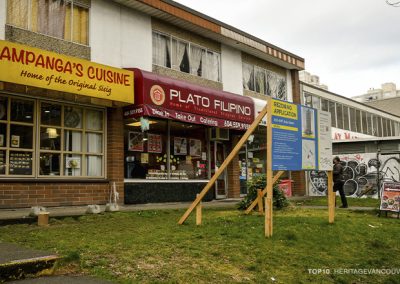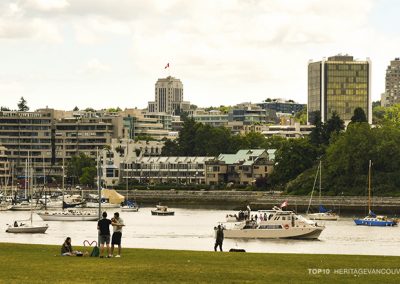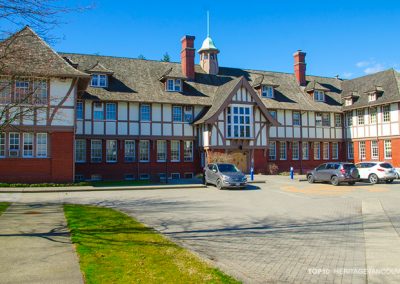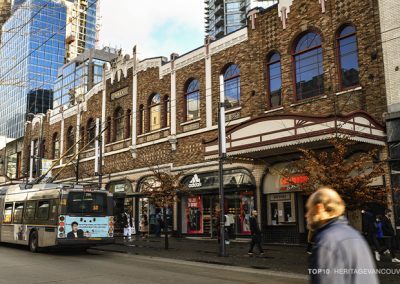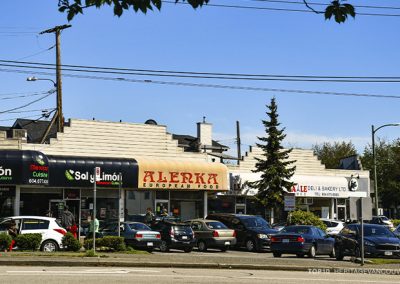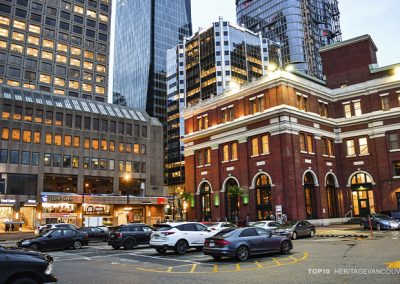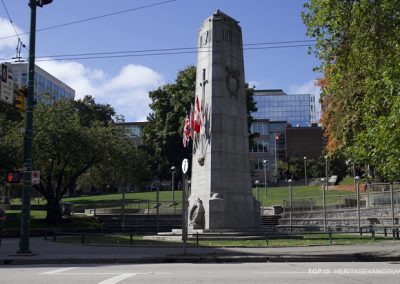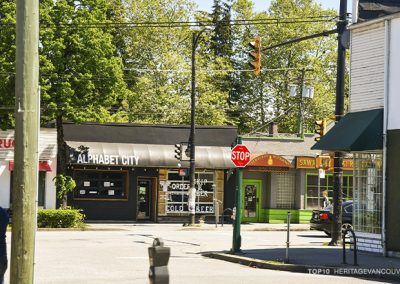2021 Top10 Watch List
Heritage is an ever-changing concept. The way we feel, think and write about heritage is in continuous flux, and what the word heritage means and what is considered to be heritage can differ per person, community or culture. While at the heart of every community, its sensitivity to change makes heritage an ongoing process of active place-making and reactive adaptation to what is happening around us. We actively engage in heritage when we contribute to the well-being of our neighbourhood, when we visit local shops, and when we make use of access to public spaces; we become reactive when our environment asks for – or sometimes demands – change, big or small.
Last year, the City of Vancouver adopted a new Heritage Program in which a broader definition of heritage, reconciliation, cultural redress, and the Historic Urban Landscape (HUL) approach are some of its pillars. This year, HeritageBC published a document that acknowledges the roots the heritage field has in the Western, colonial systems of knowledge and practice, and aims for committing to an ongoing process of reconciliation. Called “Setting the Bar: A Guide to Achieve New Standards for Reconciliation within the Heritage Sector”, the document helps heritage organizations to take concrete, measurable action. Between September 28 and October 1, the 2021 National Trust Conference, in response to global issues, had the appropriate title “Heritage and the Global Reset: Seizing the Moment”. These are just three examples of how our changing environment affects how we approach heritage, how we assess heritage and what tools we use to do so.
Top10 Watch List
Since its initial focus on heritage building preservation, the way the Top10 is composed has changed multiple times throughout the years. Those who are familiar with our Top10 Watch List will notice that this year’s articles are different from other years as well.
Topping this year’s Top10 Watch List are Pandemic Spaces. Think of parks, beaches, squares, patios, streets, sidewalks – all those spaces that we use on a daily basis. How has their meaning changed during the COVID-19 pandemic? How will the pandemic change our landscape, and how will it be embedded in our public memory? Those who joined our post-pandemic era walking tour in September will recognize many of the questions asked in this article.
Neighbourhood or local businesses take on new significance on this year’s Top10. These shops are critical to communities as they contribute to a sense of belonging, community ties and living history, and their existence is threatened by high rents and property taxes, zoning policies and development pressure. The future of Vancouver’s Filipino Heart, Little Saigon and other predominantly immigrant-run businesses is covered in the articles about Kingsway and 5163-5187 Joyce Street, in which the concepts of legacy businesses and a landscape conservation approach are brought forward.
2021 was a major year for False Creek South, and the neighbourhood is again featured on our Top10, for the fourth time in the last five years. A community-based planning process is to start next year, but the leases remain unresolved.
Reconciliation and heritage conservation are discussed through the lens of the Fairmont Building, located on the Heather Street Lands. The fate of the building is currently unknown, and the question of how the various relationships to this place and the shared public meaning of reconciliation can be made coherent to the public remains.
The articles about Victory Square, 555 West Cordova Street and the 800 Block on Granville Street discuss the challenges of cultural heritage conservation and the role new architecture in a heritage setting plays in these efforts.
The fifth article on this Top10, about Mount Pleasant, ties together many of the themes discussed in the other articles, including local businesses, development pressure, heritage concepts (such as the Historic Urban Landscape approach) and City negotiations.
Once more stressing the importance of the small, community hubs, a blanket article on neighbourhood businesses concludes this Top10.
We hope you will enjoy our Top10, and that you continue to value our presence in the city. While reading our articles, please take a moment to reflect on what it means to talk about heritage on the traditional, ancestral and unceded territories of the xʷməθkʷəy̓əm (Musqueam), Sḵwx̱wú7mesh (Squamish) and Səl̓ílwətaʔ/Selilwitulh (Tsleil-Waututh) peoples.
